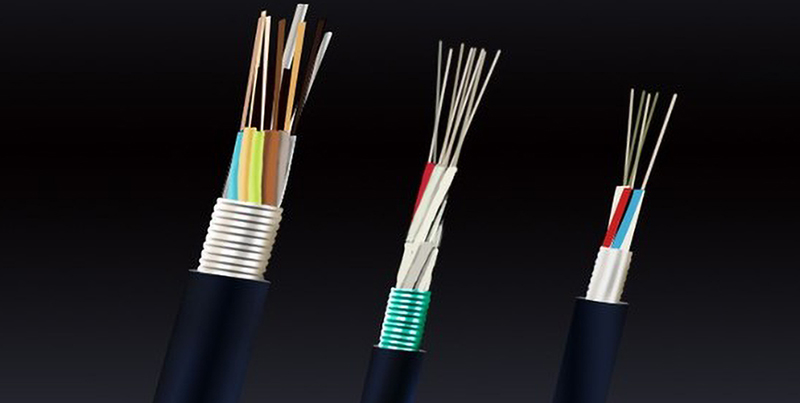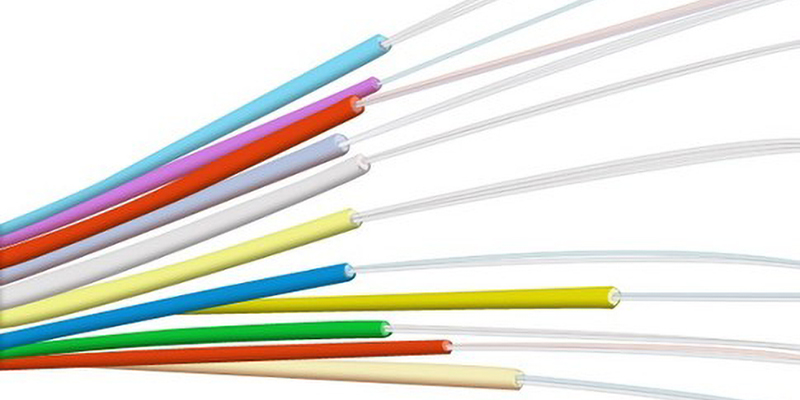New communication vitality – Fiber optic communication
Through the light, we can observe the surrounding flowers and plants and even the world. Not only that, but through the “light”, we can also transmit information, which is called fiber-optic communication.”Scientific American” magazine once commented: “Fiber communication is one of the four most significant inventions since World War II.Without fiber-optic communication, there would be no Internet and communication networks today. ”
Optical fiber communication is a communication method in which light waves are used as a carrier and optical fibers or optical fibers are used as a transmission medium.The origin of “light” communication in the modern sense dates back to the optical telephone invented by Bell in 1880.The optical telephone includes a light source of an arc lamp, a microphone that receives the light beam in response to the sound, and a receiver that restores the original sound signal.The principle is that the sender’s voice is converted into an optical signal. After transmission, the receiver returns to an electrical signal, and then the electrical signal is restored to a voice call.
Although “light” communication has a good start, but for a long time, fiber-optic communication technology has not been well developed.Firstly, because no suitable light source was found.Secondly, there was no good medium for transmitting optical signals.In the 1960s, the birth of ruby lasers inspired scientists. Lasers have the advantages of narrow spectrum, good directionality, and high frequency and phase uniformity, making them an ideal source for fiber-optic communications.In 1966, Nobel Prize winner Gao Song proposed using quartz glass fiber (ie, optical fiber, referred to as optical fiber) as the medium for optical communication.Based on this theory, in 1970, Corning Company of the United States spent 30 million US dollars to produce three 30-meter-long fiber samples, which is the world’s first fiber that has practical value for fiber-optic communication. At this point, optical fiber communication technology has ushered in the spring of development.
Optical fiber communication is mainly composed of three parts, optical fiber, optical transmitter and optical receiver. Briefly, an optical transmitter can convert an original signal into an optical signal, which is transmitted to the optical receiver via the optical fiber channel, and finally the optical receiver restores the received signal to the original signal.
People have spared no effort to develop fiber-optic communication technology because it has not only superior technical advantages but also strong economic competitiveness compared with previous communication methods.The optical carrier frequency used for fiber-optic communication is on the order of 100 THz, far exceeding the frequency of microwaves from 1 GHz to 10 GHz.This means that the information capacity of optical communication is 10,000 times higher than that of microwave systems.In addition, fiber-optic communication also has good anti-interference ability, such as anti-background noise and anti-electromagnetic interference, which can guarantee communication privacy and security to a certain extent, and the size is small and easy to lay.
Today, fiber-optic communication is widely used in communication networks, the Internet, and cable television networks. It is developing in the direction of high-speed, packetization, networking, and intelligence, injecting new vitality into the communications field.However, with the rapid rise of the application of mobile Internet, cloud computing, big data and Internet of things, the surge of traffic also brings great challenges to the information and communication network, and solving the problem of “blowout growth” of network data flow is becoming a competitive highland in the global information and communication field.
This work is the original work of “popular science China – scientific principle one point to understand”

